 Petzlover
Petzlover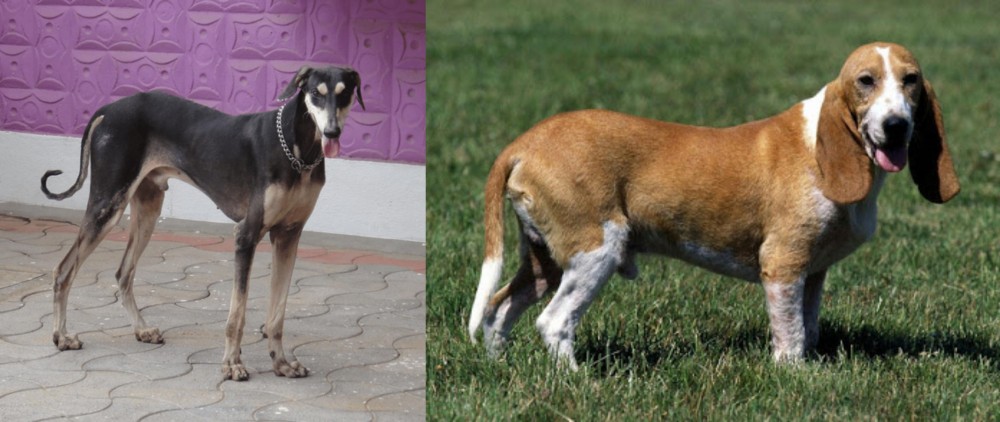 Kanni is originated from India but Schweizer Niederlaufhund is originated from Switzerland. Kanni may grow 24 cm / 10 inches higher than Schweizer Niederlaufhund. Kanni may weigh 7 kg / 16 pounds more than Schweizer Niederlaufhund. Both Kanni and Schweizer Niederlaufhund has same life span. Both Kanni and Schweizer Niederlaufhund has almost same litter size. Both Kanni and Schweizer Niederlaufhund requires Low Maintenance.
Kanni is originated from India but Schweizer Niederlaufhund is originated from Switzerland. Kanni may grow 24 cm / 10 inches higher than Schweizer Niederlaufhund. Kanni may weigh 7 kg / 16 pounds more than Schweizer Niederlaufhund. Both Kanni and Schweizer Niederlaufhund has same life span. Both Kanni and Schweizer Niederlaufhund has almost same litter size. Both Kanni and Schweizer Niederlaufhund requires Low Maintenance.
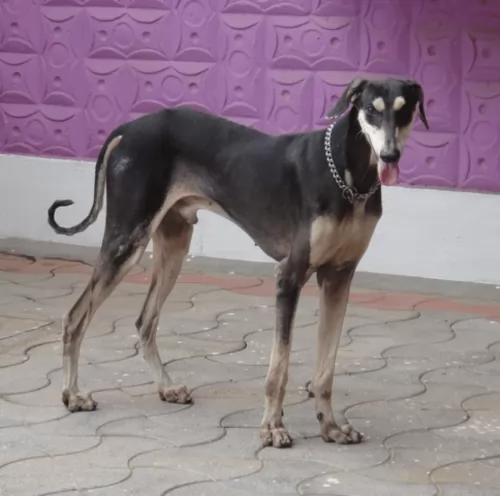 The Kanni dog is a rare South Indian Sighthound. It is also known as the Maiden's Beastmaster and this is because it is known to be protector and defender of its owner's property.
The Kanni dog is a rare South Indian Sighthound. It is also known as the Maiden's Beastmaster and this is because it is known to be protector and defender of its owner's property.
During ancient times, the dog was used for hunting but today it is essentially kept as a pet and it is registered with the Kennel Club of India.
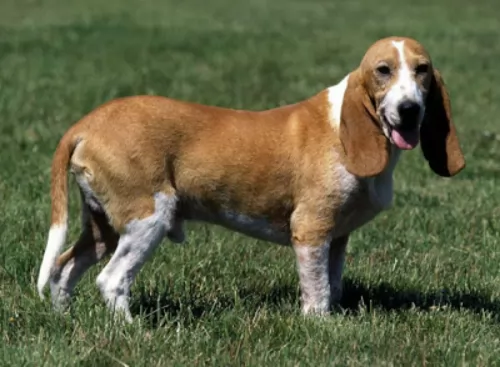 Originating in Switzerland, the Schweizer Niederlaufhund was established around 1900, when hunting became restricted to districts. The Swiss hunter needed a slower dog for the limited territory they could hunt in. Crossing selected Schweizer Laufhunds with Basset Hounds and other selected smaller, short legged hounds developed the Schweizer Niederlaufhund. By 1905 there was already a Schweizer Niederlaufhund Club.
Originating in Switzerland, the Schweizer Niederlaufhund was established around 1900, when hunting became restricted to districts. The Swiss hunter needed a slower dog for the limited territory they could hunt in. Crossing selected Schweizer Laufhunds with Basset Hounds and other selected smaller, short legged hounds developed the Schweizer Niederlaufhund. By 1905 there was already a Schweizer Niederlaufhund Club.
The Niederlaufhund became one of the best hunting dogs in the world, with its powerful body and ability to outhunt the Laufhund in tracking big game. Slower of course than the Laufhund it has a great sense of smell and an ability to easily find wounded animals. There are a few varieties, just like with the Swiss Hound again mostly because of their coloring. The Luzerner Niederlaufhund, the Jura Neiderlaufhund, and the Schwyzerlaufhund. They have musical voices that they use to communicate with the hunters and each other as well as that amazing sense of smell. They can hunt for hours without tiring and without much information from the hunter.
They are a cross breed not recognized by the larger kennel club such as the AKC and the UKC. They are recognized by the Dog Registry of America, Inc. (DRA), the American Canine Association Inc. (ACA) and most importantly by the Federation Cynologique Internationale (FCI). This last one is important because it could lead to recognition as a new breed by the UKC and the AKC.
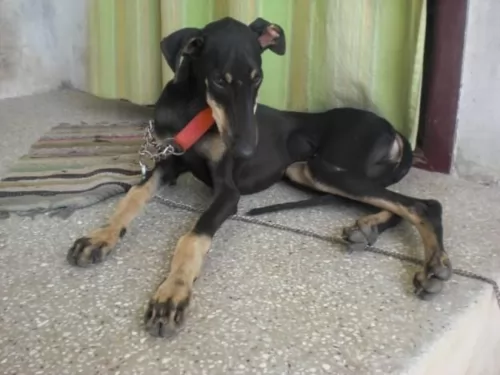 These dogs are tall, slim and deep chested, coming in two-color combinations, but it is the black and tan variety that is the true Kanni. There is also a cream variety. There are other color variations and each color has a unique name connected to it. The coat of the Kanni is short and smooth.
These dogs are tall, slim and deep chested, coming in two-color combinations, but it is the black and tan variety that is the true Kanni. There is also a cream variety. There are other color variations and each color has a unique name connected to it. The coat of the Kanni is short and smooth.
They are medium sized dogs standing at 62 to 67cm at the withers and weighing in the region of 18 – 22kg. When you first look at these dogs you might think of them as being similar to a Greyhound in looks. This is also because of their lean, muscular looks.
The eyes are a golden color, the nose black and the ears are a medium size and floppy with the long tail being semi-curved.
The Kanni has always been a hunting dog so he is used to being sharp, strong-willed, independent and alert as well as having some aggressive tendencies. It is also quite a reserved dog but he shows love and loyalty to his owner. He is independent and easy to train. It is a good thing to have him trained and socialized so that he is obedient to the simple commands you give him.
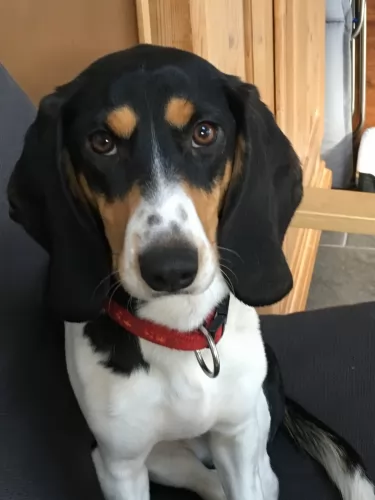 The Schweizer Niederlaufhund is a medium size, short dog. They look like their cousins, the Schweizer Laufhund but smaller. Their body is just slightly longer than it is tall, so you are left with the impression of a mostly square dog. The Niederlaufhund is well put together, with strong legs, a noble head, long droopy ears, broad chest, and a low held tail.
The Schweizer Niederlaufhund is a medium size, short dog. They look like their cousins, the Schweizer Laufhund but smaller. Their body is just slightly longer than it is tall, so you are left with the impression of a mostly square dog. The Niederlaufhund is well put together, with strong legs, a noble head, long droopy ears, broad chest, and a low held tail.
The Small Lucerne Hound has a white cote with smooth speckles of black or gray making them appear to be blue.
The Small Bernese Hound has a tricolor coat of white, tan and black. There are tan marks on the eyebrows. There is a wire haired Small Bernese as well. He has a short beard.
The Small Schwyz Hound is smooth coated in white with orange or yellow-red patches. The wired haired version is extinct.
The Small Jura Hound is a single coated dog with a black coat and tan marking above his eyes as eyebrows as well. He might have some white as well.
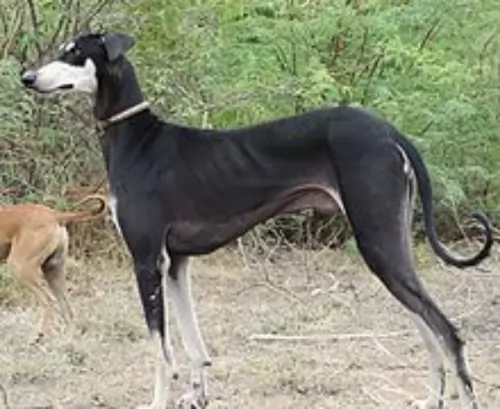 The Kanni looks much like your regular Doberman Pinscher but he has long tail and floppy ears. He is slim and agile but also powerful being able to have bursts of speed. It is why he requires a large place to run and play in, being better suited to a home with a large garden or farm.
The Kanni looks much like your regular Doberman Pinscher but he has long tail and floppy ears. He is slim and agile but also powerful being able to have bursts of speed. It is why he requires a large place to run and play in, being better suited to a home with a large garden or farm.
He is a playful, quiet dog but he has quite a bark on him and is known to be a good watchdog because of this. He is a protective dog too, devoted and loyal and making a splendid family pet.
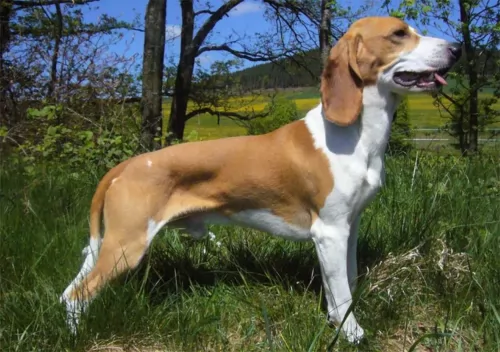 Children friendliness – yes, they are but use caution around small children and small prey.
Children friendliness – yes, they are but use caution around small children and small prey.
3. Adaptability - needs room to run and explore – is very frustrated when confined.
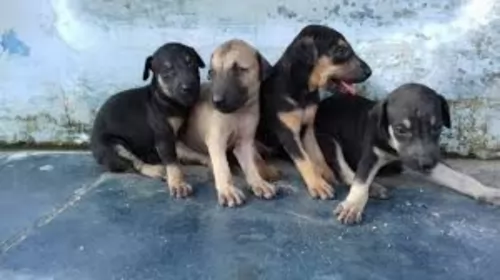 Not much is known about inherited health problems in this breed, and he can live up to a ripe old age of 16. It seems a pretty healthy dog, but still it helps to be aware of some of the more common dog illnesses that your pet can succumb to.
Not much is known about inherited health problems in this breed, and he can live up to a ripe old age of 16. It seems a pretty healthy dog, but still it helps to be aware of some of the more common dog illnesses that your pet can succumb to.
For first time dog owners it can be difficult knowing what health problems our beloved pets could suffer from. Every dog breed has certain diseases to which they are more prone to, but these are some common issues that most of our 4-legged friends will face -
This is a common dog health problem in India with the Kanni. There are so many things that disagree with their digestion. Most dogs may not want to eat their next meal, but when he is lethargic, he is hot and is vomiting, it is time to get your pet to the vet. This is because diarrhea causes rapid dehydration in dogs. To avoid diarrhea, steer clear of certain foods such as milk and dairy products as well as old, spoiled fatty foods. With diarrhea your dog must always have access to fresh, cool water.
This is a common dog disease, and ear infections can be painful and frustrating for your pet. He’ll scratch at his ear, shake his head and the inside of the ear may be red with a discharge. Check his ears for redness and try to keep them free from wax build up and dust.
Cleaning the ear is quite simple, and if you’re not sure how, the vet can do it quickly and effectively. Usually some dog ear cleaning solution on some cotton wool can do the trick. Ear infections are common in dogs like the Kanni with floppy ears.
It is essential to control fleas on your dog from word go. Fleas thrive in warm temperature and humidity and your pet will scratch, bite and lick at the spot. When you brush your pet, look through his fur for fleas and tell you vet about it if you discover ticks and fleas. A topical ointment could nip the problem in the bud. You may want to consider a flea collar for your pet.
Tapeworms, hookworms and roundworms for instance are commonly found in dogs, and even for healthy dogs, deworming tablets should be given from time to time. If your dog has worms, you’ll notice lethargy, loss of appetite, diarrhea and vomiting. It may be time to get your pet to the vet.
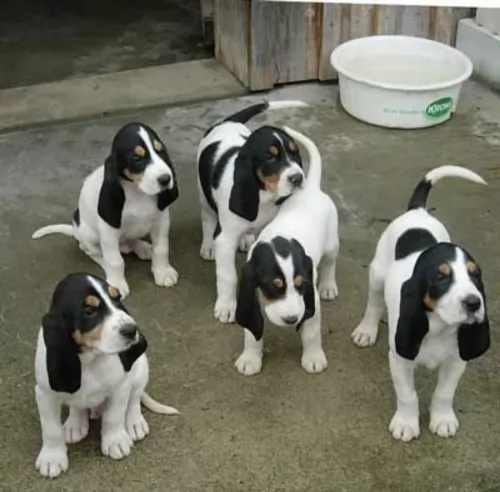 The Niederlaufhund Is prone to a very medical issues to keep an eye on. They include:
The Niederlaufhund Is prone to a very medical issues to keep an eye on. They include:
• Hip Dysplasia – This comes from hip joints that are not well formed and cause reduced mobility and pain. Parents can be tested before the dogs are bred to make sure their hips are good, and that dysplasia will not be passed to puppies. This dysplasia can cause arthritis and even lameness.
• Ear Infections – With long drooping ears it is easy for the dog to acquire ear infections. This is even more so for a hunting dog like the Niederlafhund. It is important to clean the dog’s ears on a regular basis.
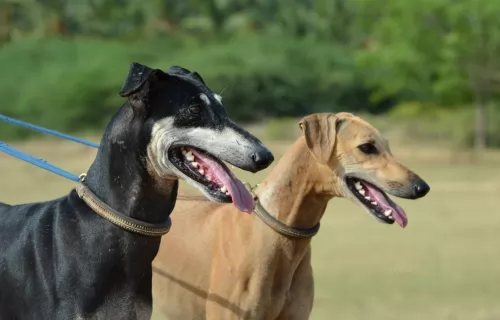 The Kanni is a low maintenance dog with his short coat. You can give him a good brush twice a week, check that his nails don't grow too long and also check his ears inside and out. Ticks and fleas are rife in hot weather and you want to give your dog a thorough check for these. You should also be checking your dog's teeth and brushing them 2 or 3 times a week. Dental problems can cause havoc with your dog's health.
The Kanni is a low maintenance dog with his short coat. You can give him a good brush twice a week, check that his nails don't grow too long and also check his ears inside and out. Ticks and fleas are rife in hot weather and you want to give your dog a thorough check for these. You should also be checking your dog's teeth and brushing them 2 or 3 times a week. Dental problems can cause havoc with your dog's health.
As a hunting breed, the Kanni is used to running so his needs for a good amount of exercise are quite high. While they do make good family pets, they hanker after wide open spaces and being busy. If you own one of these dogs, make sure that you exercise him often because otherwise he becomes frustrated and unhappy.
This dog has always been used to village life where he is free to roam wide open spaces. He is much more suited to country life than to city life, and as a pet, you will need to ensure that he receives a good amount of exercise.
Take him for walks, and if he's been socialized and trained, take him to the park and allow him off his leash to run.
The dog has always been fed traditional food such as porridge and milk but we know better now that dogs need protein too as well as a diet rich in vitamins and minerals to ensure his health.
You can feed him a top quality commercially manufactured dog food and add in some cooked chicken, rice and vegetables from time to time. It is expensive, but if you can, try and add in some raw meat occasionally as well. Your Kanni dog must always have access to fresh, clean water.
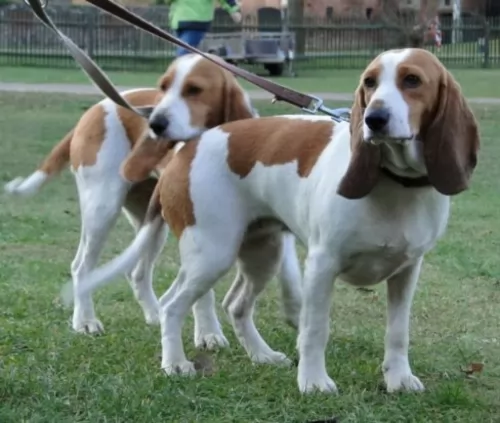 1Feeding the puppy - give 1 cup per day of high quality dog food divided into 3 meals.
1Feeding the puppy - give 1 cup per day of high quality dog food divided into 3 meals.
2.Feeding the adult – give one and one half cups of high quality dog food divided into 2 meals.
4. Games and Exercises – needs a lot of daily exercise and loves field trials, running and activities like barn hunt.